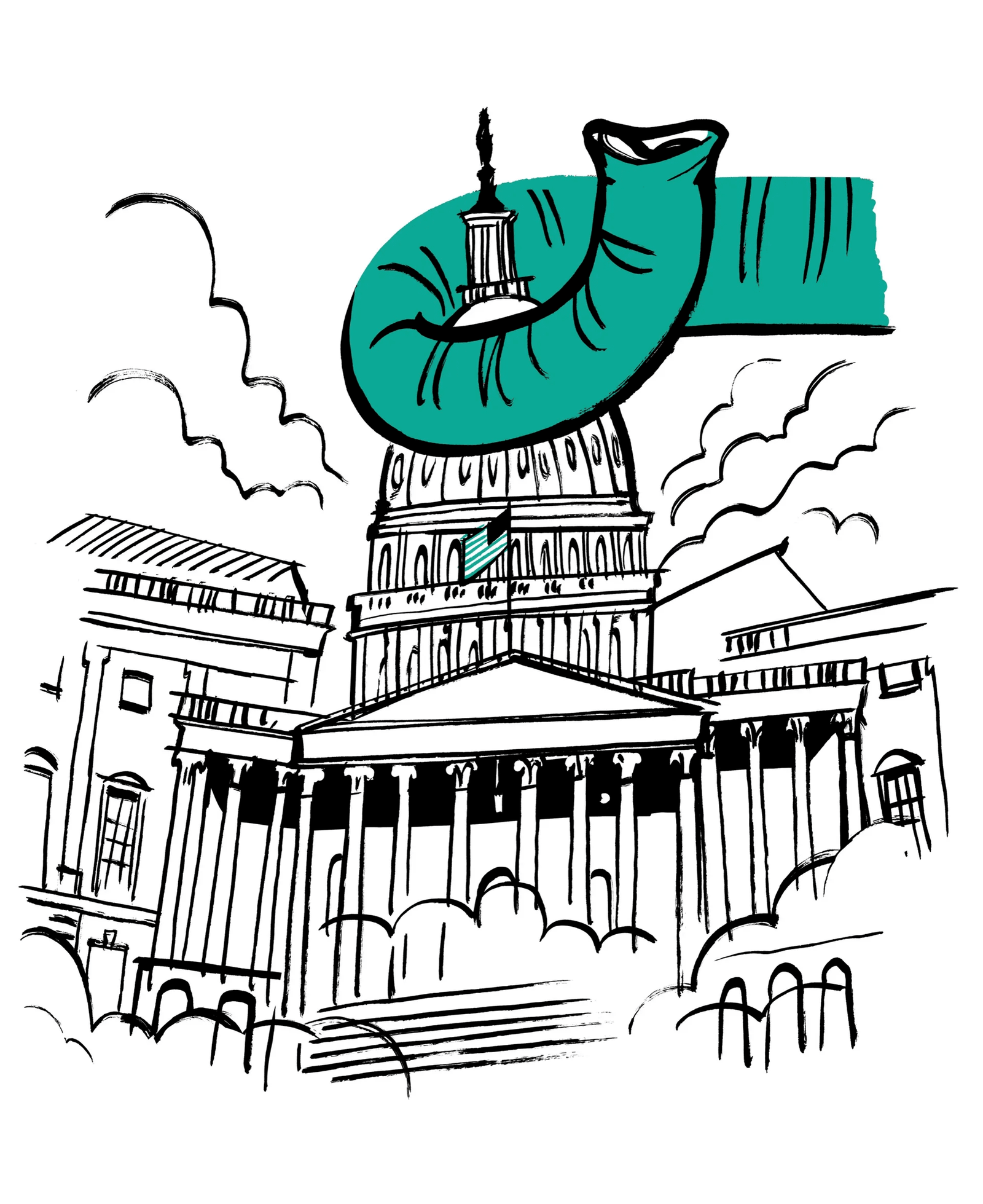
n an August afternoon nearly twelve years ago, Vice-President Joe Biden strode out of a meeting with the House Democratic Caucus to speak to reporters. “If we had our way, and there was a different circumstance in the Congress, we would be talking, and should be talking, right now about job-creation issues,” he said. “But there is a sort of Sword of Damocles hanging over everyone’s head”—he swung a pen back and forth to illustrate—“this is the debt limit.” The G.O.P., which had recently gained control of the House, was refusing to raise the limit, the legal ceiling on the amount the United States can borrow, unless there were substantial cuts to social programs. Markets had fallen on the possibility that the nation would default on its obligations, including paying the interest on Treasury bonds—thus potentially triggering a worldwide financial crisis. Biden had negotiated a compromise package with, among others, House Majority Leader Eric Cantor and Mitch McConnell, then the Senate Minority Leader, and in the end he helped sell the resulting deal to those House and Senate Democrats who saw it as a surrender.
Biden is again at the center of a debt-limit crisis; it’s a Washington drama that seems to play on a loop. McConnell is still around, too, though he has ceded the negotiations to Kevin McCarthy, the new Speaker of the House, who met with President Biden last Wednesday. McConnell told reporters, “We’re all behind Kevin, wishing him well.” For anybody who had watched the protracted, humiliating spectacle of the speakership election, that bit of cheerleading sounded empty. McCarthy yielded power to the most extreme members of his caucus; among other things, they gained a greater ability to block a deal.
In 2011, the talks were taking place well after the Treasury had effectively hit the ceiling, and was resorting to “extraordinary measures” to avoid a default. These actions included delaying investments in federal employees’ pension funds, but what they added up to was grand-scale scrounging. (In 1953, during an earlier debt-limit crisis, the federal government sold off gold coins and bullion that were sitting in its vaults—the change between the cushions of the national couch.) Similarly, Janet Yellen, the Secretary of the Treasury, informed Congress that the U.S. would be pressing up against the ceiling as of January 19th; it may be a few months before she has exhausted all the options. From the point of view of other advanced economies, such maneuvers are unstable and, fiscally speaking, pretty weird. (There is always talk of minting a trillion-dollar platinum coin to deposit in the government’s account at the Fed.) As with so much in American politics currently, the emergency has become deceptively familiar.
During the Trump Administration, there were three suspensions of the ceiling on the debt, which rose, during those years, from about nineteen trillion to twenty-seven trillion dollars (and is now more than thirty-one). Republicans, nonetheless, are again threatening to use the limit to break the economy if they don’t get what they want. But in 2011 they at least had a rough idea of what they were after. The current G.O.P. cast is more akin to a room of people shouting different and sometimes contradictory demands.

Felecia Phillips Ollie DD (h.c.) is the inspiring leader and founder of The Equality Network LLC (TEN). With a background in coaching, travel, and a career in news, Felecia brings a unique perspective to promoting diversity and inclusion. Holding a Bachelor’s Degree in English/Communications, she is passionate about creating a more inclusive future. From graduating from Mississippi Valley State University to leading initiatives like the Washington State Department of Ecology’s Equal Employment Opportunity Program, Felecia is dedicated to making a positive impact. Join her journey on our blog as she shares insights and leads the charge for equity through The Equality Network.



